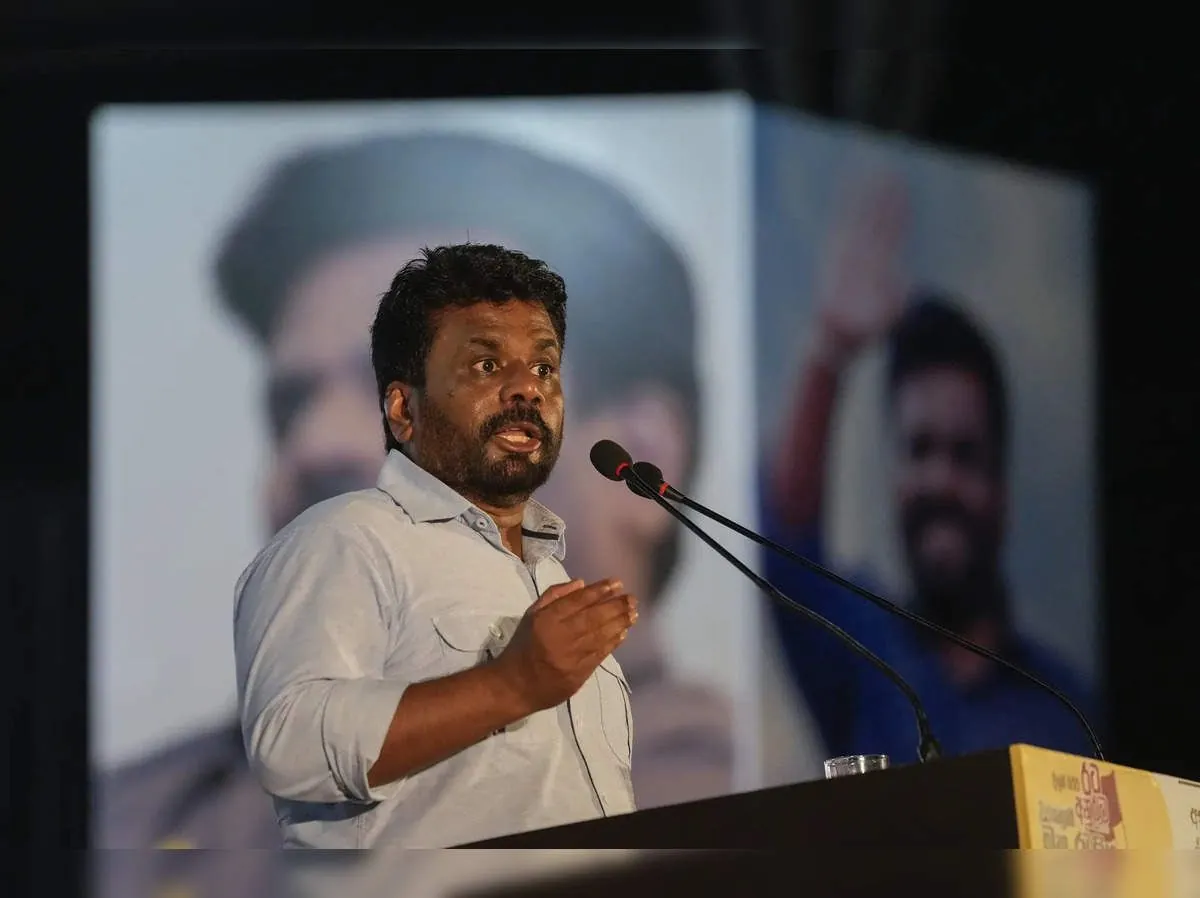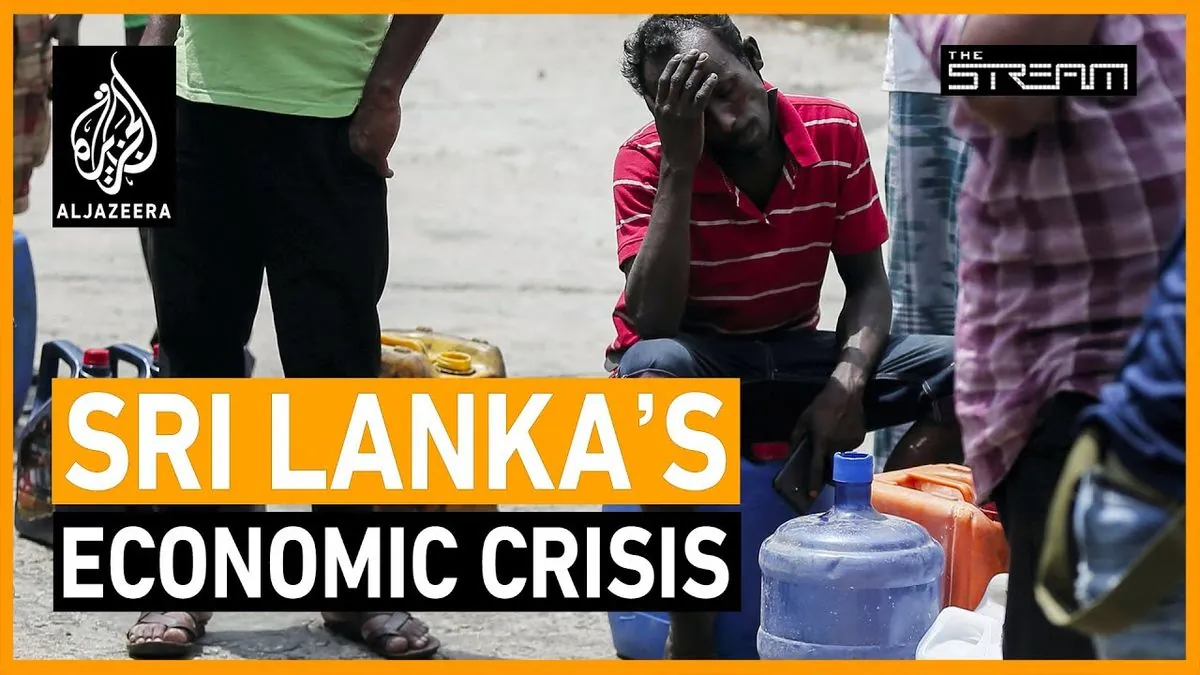Marxist Leader Dissanayake Sworn in as Sri Lanka's New President
Anura Kumara Dissanayake, head of a Marxist-leaning coalition, wins Sri Lankan presidential election amid economic crisis. His victory marks a shift from traditional political establishment.

In a significant political shift, Anura Kumara Dissanayake, leader of the Marxist-leaning National People's Power coalition, has been sworn in as Sri Lanka's ninth president. The 55-year-old politician secured victory in the recent election, marking a departure from the country's traditional political establishment.
Dissanayake emerged victorious with 5,740,179 votes, surpassing his main rival, opposition leader Sajith Premadasa, who garnered 4,530,902 votes. The election, held two days ago on September 21, 2024, saw a total of 38 candidates vying for the presidency.
This electoral outcome reflects the Sri Lankan populace's desire for change amidst ongoing economic challenges. Sri Lanka, an island nation in the Indian Ocean known for its rich biodiversity and cultural heritage, has been grappling with its worst economic crisis in recent memory.

The roots of this crisis can be traced to excessive borrowing for non-revenue-generating projects, the impact of the COVID-19 pandemic, and the previous government's mismanagement of foreign reserves. These factors culminated in Sri Lanka defaulting on its foreign debt for the first time in its history in 2022, leading to soaring inflation rates exceeding 50%.
Dissanayake's political journey began in 2000 when he was first elected to parliament. His coalition, the National People's Power, is led by the Janatha Vimukthi Peramuna (JVP) or People's Liberation Front. The JVP has a complex history, having transitioned from armed insurrections in the 1970s and 1980s to entering democratic politics in 1994.
Sri Lanka, which gained independence from British rule in 1948 and was known as Ceylon until 1972, has a diverse population including Sinhalese, Tamil, and Muslim communities. The country boasts a high literacy rate of over 90%, one of the highest in South Asia, and is home to eight UNESCO World Heritage Sites.
"Our goal is to rebuild Sri Lanka's economy, promote sustainable development, and ensure equitable growth for all citizens."
The new president faces the daunting task of steering Sri Lanka towards economic recovery. The country's economy heavily relies on tourism and exports of textiles and tea, with Ceylon tea being a globally recognized product. However, recent challenges have highlighted the need for economic diversification and sustainable development practices.
As Sri Lanka works on transitioning to renewable energy sources and addressing its debt crisis, Dissanayake's leadership will be crucial in navigating these challenges. The country's rich history of ancient hydraulic civilization and its status as a biodiversity hotspot provide unique opportunities for sustainable development initiatives.
With its parliamentary democracy and presidential system, Sri Lanka stands at a crossroads. The election of Dissanayake represents a significant shift in the political landscape, as voters sought alternatives to the traditional political establishment blamed for the current economic woes.
As the nation looks to the future, the new administration faces the challenge of balancing economic recovery with preserving Sri Lanka's cultural heritage and natural resources. The coming years will be critical in determining whether this change in leadership can bring about the economic stability and progress that the Sri Lankan people aspire to achieve.


































